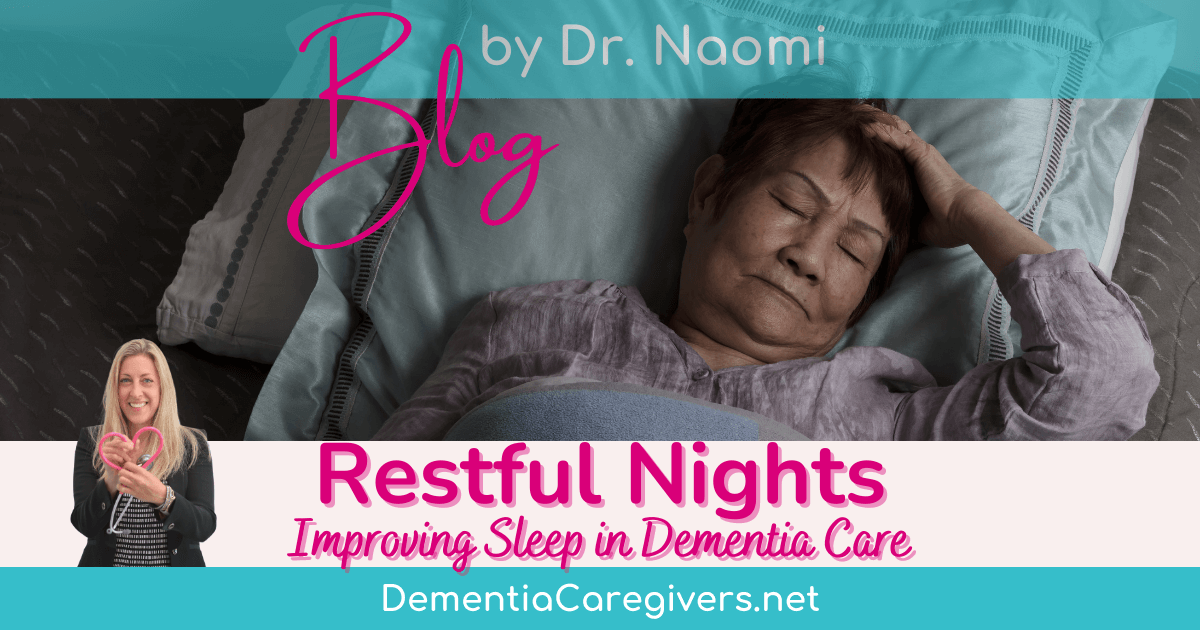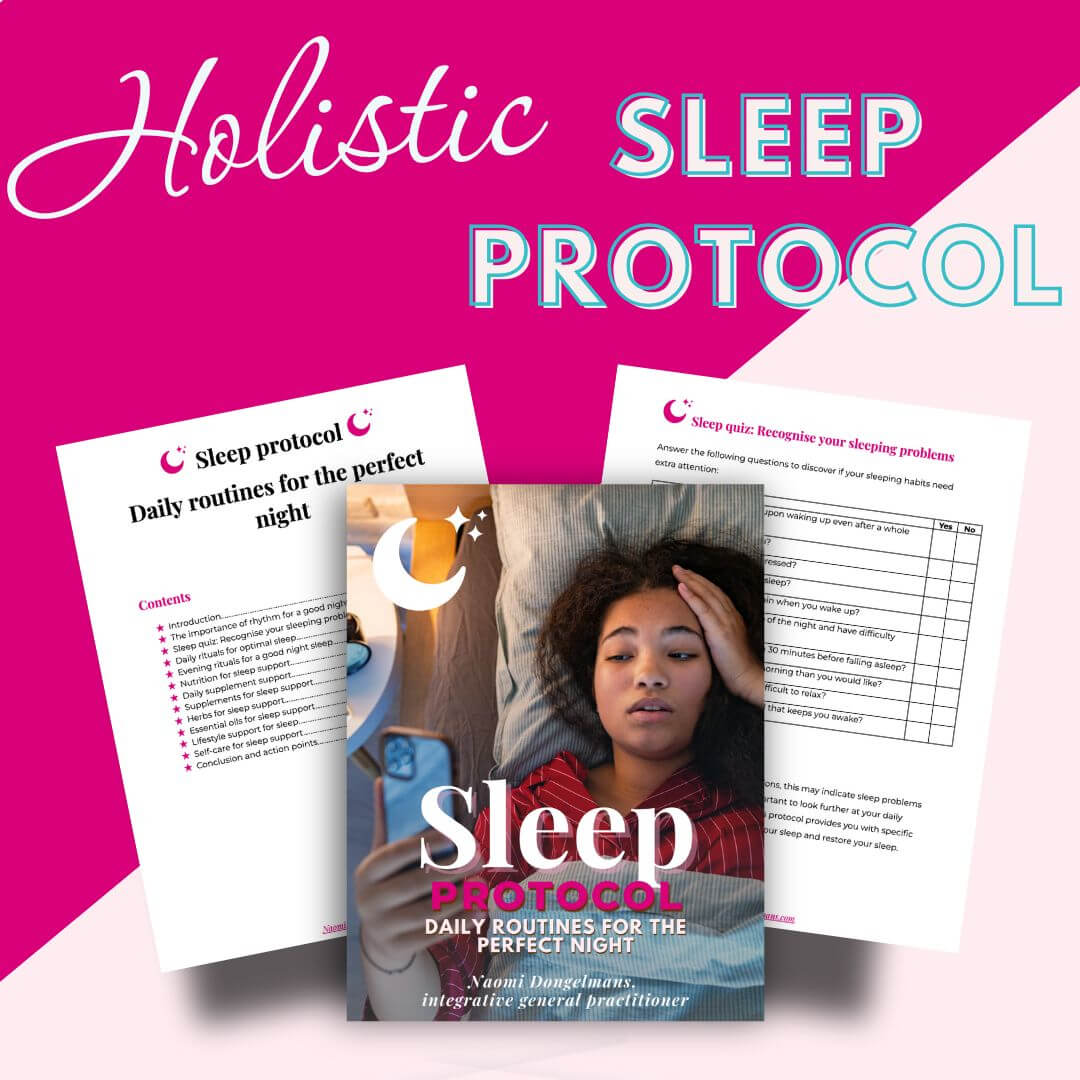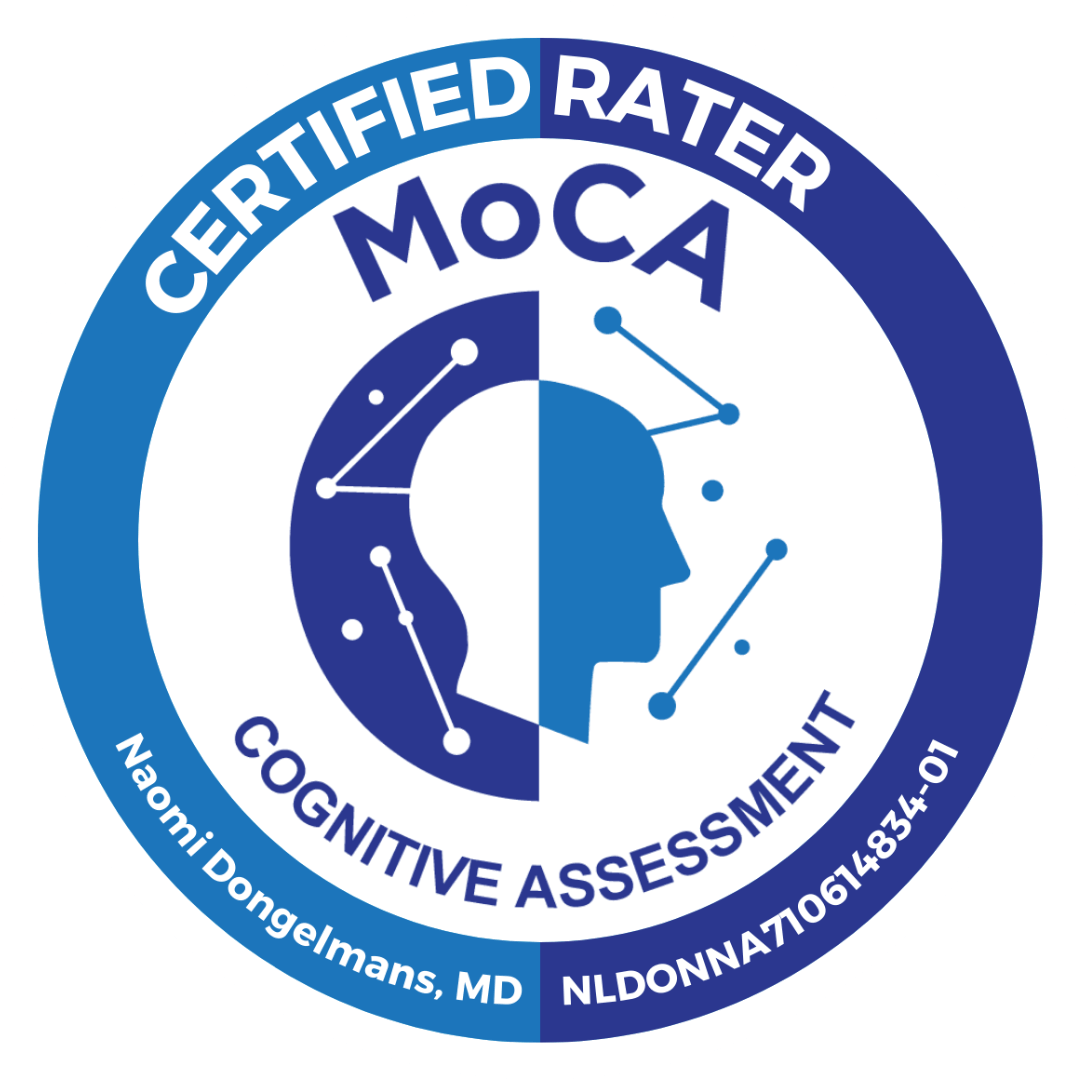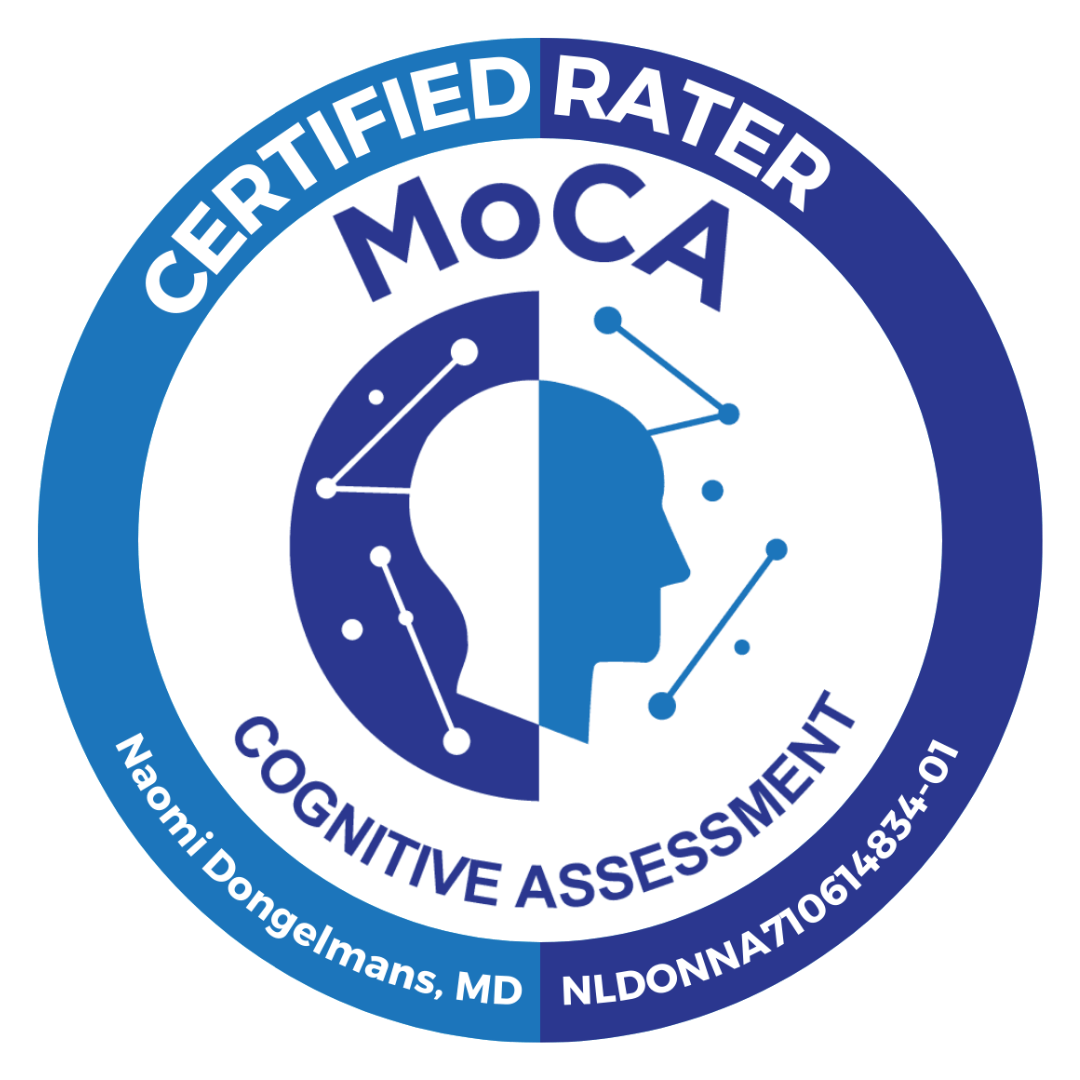Essential sleep tips & strategies for dedicated caregivers

Caring for a loved one with dementia can be a challenging and rewarding journey, but it often comes with sleepless nights, both for the person with dementia and the caregiver. Sleep problems are common in dementia, and they can take a toll on everyone's well-being. In this comprehensive guide, we'll explore practical strategies to promote better sleep in dementia care while keeping it manageable for caregivers.
Contents
- Understanding sleep changes in dementia
- Tip 1: Establish a consistent sleep schedule
- Tip 2: Create a comfortable sleep environment
- Tip 3: Promote physical activity
- Tip 4: Manage sundowning
- Tip 5: Monitor medications
- Tip 6: Address pain and discomfort
- Tip 7: Limit stimulants
- Tip 8: Seek professional guidance
- Tip 9: Respite care
- Conclusion
Understanding sleep changes in dementia
Before diving into strategies to improve sleep, it's essential to understand the sleep changes commonly associated with dementia:
- Disrupted sleep patterns: People with dementia often experience fragmented sleep, waking up frequently during the night and napping during the day.
- Sundowning: Sundowning is a phenomenon where agitation and confusion worsen in the late afternoon and evening, often leading to sleep disturbances.
- Increased daytime sleepiness: Sleep problems can result in excessive daytime sleepiness, which can affect cognitive function and quality of life.
- Reversed sleep-wake cycle: Some individuals with dementia may reverse their sleep-wake cycle, staying awake at night and sleeping during the day.
Tip 1: Establish a consistent sleep schedule
- Stick to a regular bedtime and wake-up time every day, even on weekends.
- Create a calming bedtime routine, such as gentle music, dimmed lights, or a soothing cup of caffeine-free herbal tea.
- Encourage exposure to natural daylight during waking hours to help regulate the sleep-wake cycle.
Tip 2: Create a comfortable sleep environment
- Ensure the bedroom is comfortable, quiet, and at a comfortable temperature.
- Use blackout curtains to minimise disruptions from outside light.
- Consider using a white noise machine to mask disruptive sounds.
- Use a comfortable mattress and pillows that provide proper support.
Tip 3: Promote physical activity
- Encourage regular physical activity during the day, but avoid vigorous exercise close to bedtime.
- Gentle activities like short walks can help reduce restlessness and promote better sleep.
Tip 4: Manage sundowning
- Maximise lighting in the evening, especially during the darker months of the year, as inadequate lighting can sometimes trigger sundowning.
- Minimise stimulating activities and avoid potential triggers in the evening.
- Engage in relaxing activities like listening to calming music or doing gentle stretches.
Read more about sundowning in this blog: Navigating sundowning
Tip 5: Monitor medications

- Consult with healthcare professionals to review medications that may be affecting sleep.
- Ensure that any sleep-related side effects are addressed.
Tip 6: Address pain and discomfort
- Pain or physical discomfort can disrupt sleep. Ensure that any pain or discomfort is managed appropriately.
Tip 7: Limit stimulants
- Avoid caffeine and nicotine in the hours leading up to bedtime.
- Be cautious with late-afternoon and evening meals to prevent indigestion.
Tip 8: Seek professional guidance
- If sleep problems persist, consult with healthcare professionals or sleep specialists who have experience in dementia care.
Tip 9: Respite care
- Consider respite care options to provide temporary relief for caregivers, allowing them to get the rest they need.

Conclusion
Improving sleep in dementia care is essential for enhancing the quality of life for both the person with dementia and the caregiver. By implementing these practical tips and maintaining a consistent routine, you can create an environment that promotes restful nights and better overall well-being.
Remember, caregiving can be demanding, and adequate sleep is crucial for your health and resilience. Prioritizing sleep is an act of self-care that allows you to provide the best possible care to your loved one.
 Ready to transform your sleep?
Ready to transform your sleep?
Unlock the secrets to a restful night with our comprehensive Sleep Protocol! This program provides you with the tools and strategies you need to improve your sleep quality significantly.
👉 Click here to explore and purchase the Sleep Protocol now!
Start your journey to better sleep today!





























I’ve written more about this topic in my book, where I discuss in detail how to manage the intersection of dementia and depression. You can download it for free here to explore more strategies and insights:
https://naomidongelmans.com/page/downloadable-book-rcg